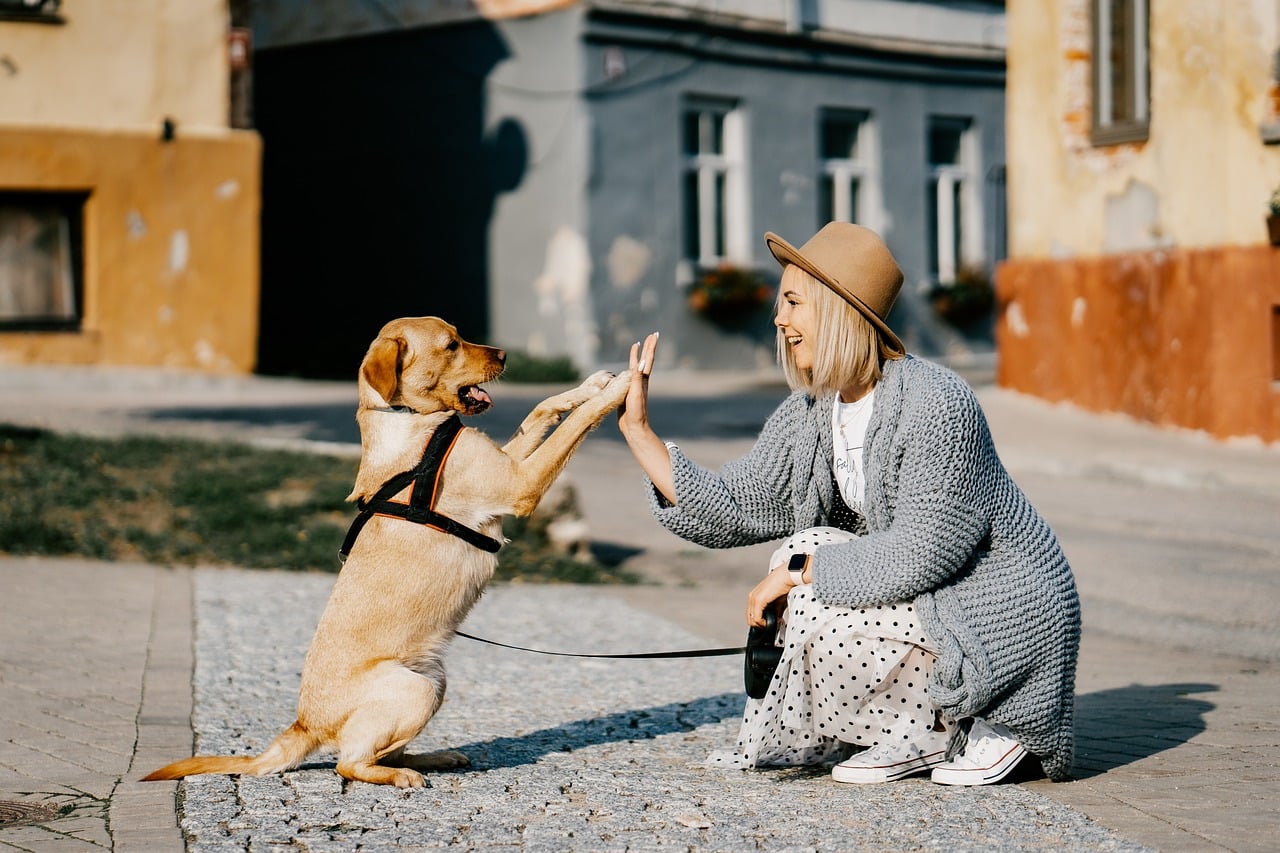Losing a pet can be an emotionally taxing experience. For many, a pet is not just an animal but a beloved member of the family. The grief that follows the loss of a pet can be profound and overwhelming. As pet owners, you may find yourselves grappling with feelings of sorrow and longing for the companionship that your pet provided. Understanding and navigating this grief is crucial for your health and well-being.
The bond shared with a pet is unique and cherished, and when that bond is broken by death, the void left behind can be immense. It is essential to recognize the significance of this loss and to give yourselves permission to mourn. To cope with the loss of your furry friend, it is important to find support, allow time for healing, and engage in practices that honor the life and memory of your pet.
Dans le meme genre : Canine nutrition: understanding dog food labels
In this article, we’ll explore the grieving process and discuss strategies for coping with the loss of a beloved pet. By educating yourselves and seeking the right support, you can find solace and begin to heal from this painful experience.
Grieving the Loss of a Pet
When a pet dies, it is natural to feel a roller coaster of emotions. Grief is a personal journey, and there is no right or wrong way to experience it. Some of you may find yourselves in disbelief, while others may feel an immediate sense of loss. It is important to understand that grieving is a process, one that takes time and may manifest in various forms.
Cela peut vous intéresser : Preparing your dog for the arrival of a baby
Grieving involves a range of emotions, from sadness and anger to guilt and loneliness. You may question whether you could have done more to prolong your pet’s life or improve their health. It is common to replay the final days or moments over and over in your mind, wondering if you missed signs of your pet’s declining wellness.
Many pet owners find that the routines they shared with their pets, such as walks or feeding times, can become times of profound sadness. These moments remind you of the joy your pet brought into your daily life and underline the depth of your loss.
Acknowledging Your Feelings
Allowing yourselves to express and acknowledge your feelings is a vital step in the grieving process. Bottling up emotions can lead to increased stress and can have a negative impact on your mental health. It’s okay to cry, to be angry, or to feel numb. These reactions are all part of the complex tapestry of grief.
Finding Support
During this difficult time, leaning on the support of friends, family, or support groups can be incredibly helpful. Sharing stories and memories of your pet with others who understand what you are going through can be comforting. If you find it difficult to talk to those around you, consider seeking the help of a professional counselor who specializes in pet loss. They can guide you through your grieving process with empathy and understanding.
The Healing Power of Time
Time is often cited as a healer, and this adage holds true when coping with pet loss. While the pain of losing a beloved pet may never fully disappear, time can soften the sharpness of grief. It is important to give yourselves the time needed to grieve without feeling rushed by others or by your own expectations.
Allow Grieving to Unfold Naturally
Everyone grieves at their own pace, and there is no prescribed timeline for healing. Some of you may find comfort in your memories soon after your pet’s death, while others may need months or even years to process the loss fully. Be patient with yourselves and allow the grieving process to unfold naturally.
Honoring Your Pet’s Memory
Creating rituals or memorials can serve as a healthy outlet for your grief and a way to honor your pet’s memory. This might include planting a tree, creating a photo album, or holding a small ceremony with close friends and family. Engaging in such activities can provide a sense of closure and a lasting tribute to the life and love shared with your pet.
Embracing New Routines
As time passes, you may find that establishing new routines can help fill the void left by your pet’s absence. This could involve taking up new hobbies, volunteering at an animal shelter, or even considering opening your home to another pet when you feel ready. While no pet can replace the one you lost, welcoming another animal into your life can bring new joy and purpose.
Seeking Professional Support
The loss of a pet can sometimes be as significant as losing a human family member. When struggling with profound grief, seeking professional support can be an important step toward healing. Mental health professionals, such as therapists or counselors, are trained to help you navigate the complexities of grief.
The Role of Counseling
Counseling can provide a safe space to express your feelings and work through your emotions. A counselor can help you understand the grieving process and offer strategies for coping with your loss. They can also help you address any guilt or unresolved issues you may be carrying with you.
The Benefits of Support Groups
Support groups offer a unique environment where you can connect with others who have experienced similar losses. These groups can provide a sense of community and understanding that might be lacking in other areas of your life. Being among people who can empathize with your experience can be incredibly healing.
Online Resources and Communities
In today’s connected world, there are many online resources and communities available for those grieving the loss of a pet. Websites, forums, and social media groups can provide access to a wealth of information, support, and comfort at any time of day or night.
Practical Considerations After Pet Loss
In the aftermath of a pet’s death, there are often practical matters that need to be addressed. These can range from handling the pet’s remains to dealing with the financial implications of their passing.
Handling Your Pet’s Remains
Deciding what to do with your pet’s remains is a personal decision. Whether you choose burial, cremation, or another option, do what feels right for you and honors the memory of your pet.
The Role of Pet Insurance
Pet insurance can help alleviate some of the financial stress associated with a pet’s death. If your pet was insured, make sure to review the policy and understand what is covered, including end-of-life expenses. While it may be difficult to think about finances during such an emotional time, taking care of these details can prevent additional stress later on.
Honoring and Moving Forward
The journey through grief is not a linear one, and it’s important to remember that it’s okay to feel happy again. Honoring the memory of your beloved pet does not mean you must remain in a state of perpetual sadness.
Learning to Smile Again
In time, you will find that memories of your pet bring more smiles than tears. It is a sign that you are healing and that the love you shared with your pet continues to bring joy to your life.
The Continuity of Love
The love you had for your pet does not end with their death; it is a bond that persists and evolves over time. Your heart’s capacity to love is not diminished by loss but can grow stronger in remembrance of the love you shared.
Considering Another Pet
When you feel ready, opening your home to another pet can be a loving tribute to the one you lost. It is not a replacement, but rather a continuation of the love and care you have to offer. Each animal is unique, and a new pet can bring a different kind of joy and companionship into your life.
The loss of a beloved pet is a significant event that can leave you grappling with intense emotions. It’s crucial to acknowledge your grief and give yourselves the space and time needed to heal. Reach out for support, honor your pet’s memory, and take practical steps to manage the aftermath of the loss.
Remember, it is possible to cope with the loss and to find a path forward. The love you had for your pet will always be a part of you, and in time, the pain of loss will give way to cherished memories. Allow yourselves to grieve, seek the help you need, and in time, you may find that your heart is open to new joys and new beginnings.











